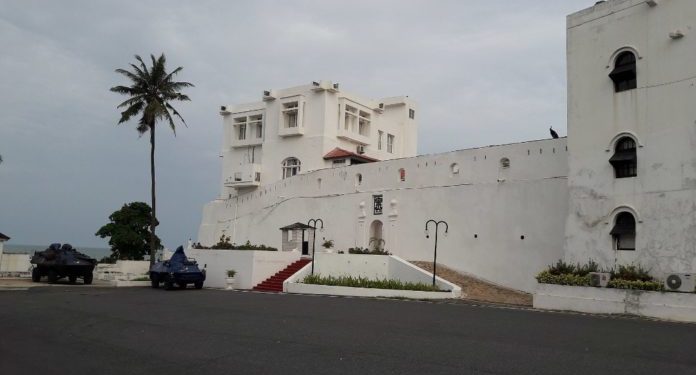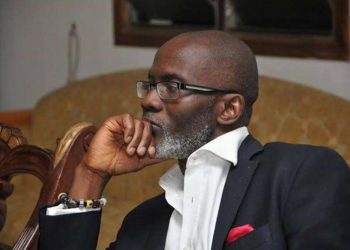A new study conducted by the Director, Institute for Environment and Sanitation Studies of the University of Ghana, Prof Kwasi Appeaning Addo, reveals that Ghana will soon lose its major state monuments.
These include the Christiansborg Castle (otherwise called the Osu Castle), the former seat of government; the Kwame Nkrumah Mausoleum; and the Independence Square to coastal erosion in the future if appropriate measures are not taken.
He said whereas the Christiansborg Castle will experience coastal erosion between 2052-2062, the Kwame Nkrumah Mausoleum will be lost between 2152 and 2172, whilst the Independence Square will be swept between 2082 and 2112.
Prof. Addo, who was presenting his inaugural lecture on the topic: ‘The continuous struggle for space—coastal erosion in Ghana’, on Thursday, March 31, 2022, said coastal erosion remains a major threat to many coastal communities in the country.
He expressed the concern that many human activities including beach sand mining, construction of sea defence systems and houses, as well as the building of dams that supplied sediments to the ocean, were all contributing to the fast coastal erosion the country is experiencing.
He explained that although coastal erosion was not a new phenomenon in Ghana, the intensity and severity with which it was occurring needed urgent attention and action.
Prof. Addo explained that the coastal zone was critical natural space for all coastal communities and nations, noting that the coastal zone, for instance, “generates 56% of the West African region’s gross domestic product (GDP).”
For him, the coastal zone is home to 31 per cent of West Africa’s population and is likely to exceed 70 million people by 2050.
He added that “Ghana’s coastal zone covers 7% of the total land but is occupied by over one-third of the population and home to over 70% of our industries.”
For Prof. Addo, it is worrying that there is “no coastal erosion management policy” in the country to curtail the fast depletion of the country’s coastal zones.
He noted that the hard engineering approach which is being used to fight coastal erosion will not help to solve the situation sustainably, and called for the need to “manage coastal erosion with nature.”
He explained that the future of the coastal zone will be different under sea-level rise, stressing that there is the need to “reduce reliance on hard engineering approaches.”
Prof. Addo also recommended that Ghana needed to “adopt coastal erosion management approaches that are all-inclusive,” as well as a proactive coastal erosion policy.
He has therefore urged duty bearers and all stakeholders to identify vulnerable locations for natural or hybrid infrastructure to save the fast coastal depletion menace in the country, saying there is the need to “enhance the restoration of coastal ecosystems.”
He has also called for an increase in funding for coastal processes research, explaining that protecting Ghana’s coastal zone will “need a proactive monitoring scheme for change detection.”










Discussion about this post